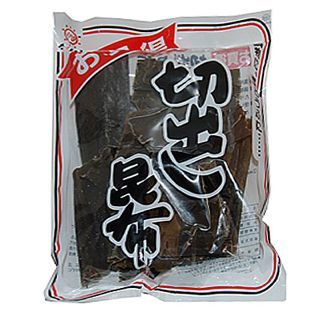This document describes the current stable version of Kombu (5.3). For development docs, go here.
Timer - kombu.asynchronous.timer¶
Timer scheduling Python callbacks.
- class kombu.asynchronous.timer.Entry(fun, args=None, kwargs=None)[source]¶
Schedule Entry.
- args¶
- canceled¶
- property cancelled¶
- fun¶
- kwargs¶
- tref¶
- class kombu.asynchronous.timer.Timer(max_interval=None, on_error=None, **kwargs)[source]¶
Async timer implementation.
- class Entry(fun, args=None, kwargs=None)¶
Schedule Entry.
- args¶
- cancel()¶
- canceled¶
- property cancelled¶
- fun¶
- kwargs¶
- tref¶
- enter_at(entry, eta=None, priority=0, time=<built-in function monotonic>)[source]¶
Enter function into the scheduler.
Arguments:¶
entry (~kombu.asynchronous.timer.Entry): Item to enter. eta (datetime.datetime): Scheduled time. priority (int): Unused.
- on_error = None¶
- property queue¶
Snapshot of underlying datastructure.
- property schedule¶
